Patrick Henry, born on May 29, 1736, was an American attorney, planter, politician, orator, and best known for his declaration to the Second Virginia Convention in 1775.
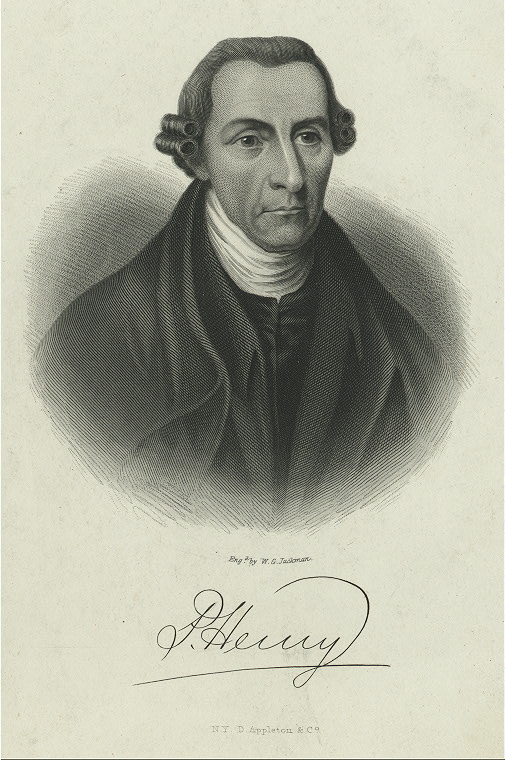
A famous quote of him “Give me liberty, or give me death!” emboldened America’s fight for independence.
Although not a signer of the Declaration of Independence, he did attend the First and Second Congress he was one of our “Founders” and a signer of the Continental Association!
As a part of the founding generation, he served on the First Continental Congress as a representative from Virginia. He was also invited to the Second Continental Congress, attended until the first break, then chose to help our nation from his home state, and never returned to Congress.
Patrick Henry was the first and sixth post-colonial Governor of Virginia, from 1776 to 1779 and again from 1784 to 1786.
Give me Liberty, or Give Me Death
Patrick Henry to the Virginia Assembly 1775
Early life (1736–1759)
Patrick Henry was born on the family farm, Studley, Virginia in Hanover County on May 29, 1736. His father, John Henry, was an immigrant from Aberdeenshire, Scotland, who had attended King’s College, University of Aberdeen, before emigrating to Virginia in the 1720s.
After spending a decade in Hanover County, Virginia, his father, John Henry married Sarah Winston Syme in 1732. She was a wealthy widow from a well-known local family of English ancestry.
Patrick Henry shared his name with his uncle, who was an Anglican minister. He was known as Patrick Henry Jr until the death of his uncle in 1777.
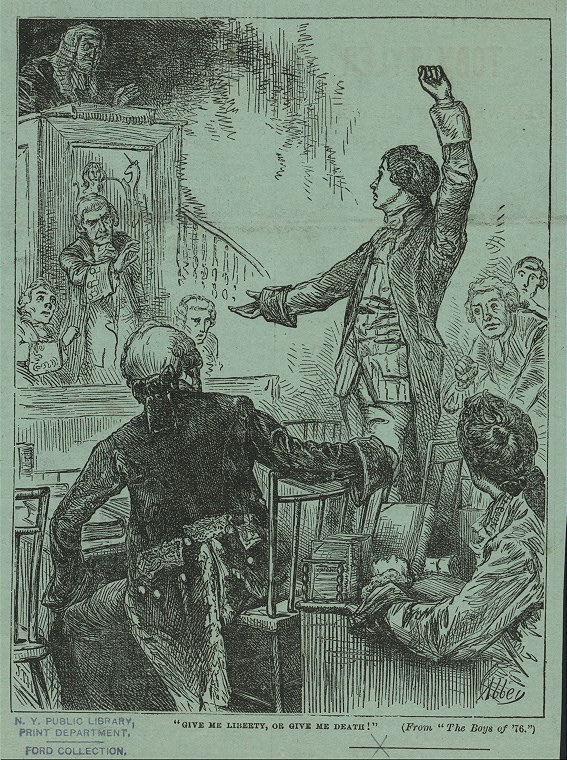
He didn’t have a proper school life as there wasn’t any academy in Hanover County back in the 1750s. So, His father tutored him at home when he was 10 years old. Henry attended a local school until about the age of 10.
The young and energetic Henry was engaged in the all typical activities of the times, such as music and dancing. Alongside this, he had a great love for hunting as well.
As per the customs of primogeniture, all of the family’s stock, lands, and slaves were supposed to pass to his older half-brother John Syme Jr. So, Henry had to make his way to survive in the world.
He became a clerk for a local merchant at the age of 15. After working for one year as a clerk, he then opened a store with his elder brother William. However, this venture didn’t work for him and his brother as well. After failing in this and other ventures like a plantation, he taught himself law while working as a tavern keeper at his father-in-law’s inn and opened a law practice in Hanover County in 1760.
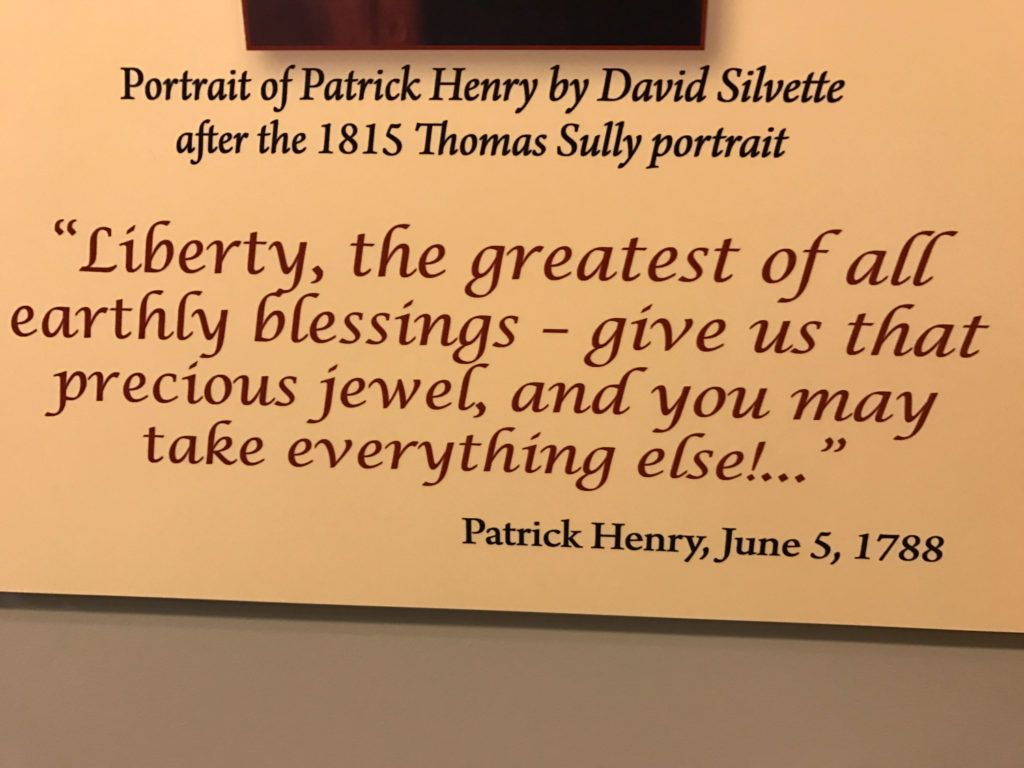
After three years, Henry got his first case, known as the Parson’s Cause in 1763. It was about a dispute involving Anglican clergy in colonial Virginia. This case was one of the first legal attempts to challenge the English rule over the American colonies. It is also considered as an important event towards the American Revolution.
The Parson’s Cause groomed Patrick Henry as a leader in the emerging movement for American independence against British rule. Henry delivered a heated speech against the British interference into colonial affairs during the case and said: “that a King by annulling or disallowing acts of so salutary nature, from being Father of his people degenerated into a Tyrant, and forfeits all rights to his subjects’ obedience.”
Religious beliefs
Henry was a child when the religious revival known as the Great Awakening reached Virginia. His father, John Henry, was staunchly Anglican, however, his mother Sarah Winston Syme often took him to hear Presbyterian preachers.
During his professional life, a couple of ministers such as Samuel Davies taught him to play his role to save society rather than just saving his soul. Apart from that, he also learned that oratory should reach the heart, not just persuade based on reason. So, he changed his oratorical technique by speaking to people in their language.
Religion played a vital role in Henry’s life. He learned a lot from his father and namesake uncle during his lifetime. Alongside this, he also fought for religious liberty throughout his career as he wasn’t comfortable with the role of the Anglican Church as the established religion in Virginia.
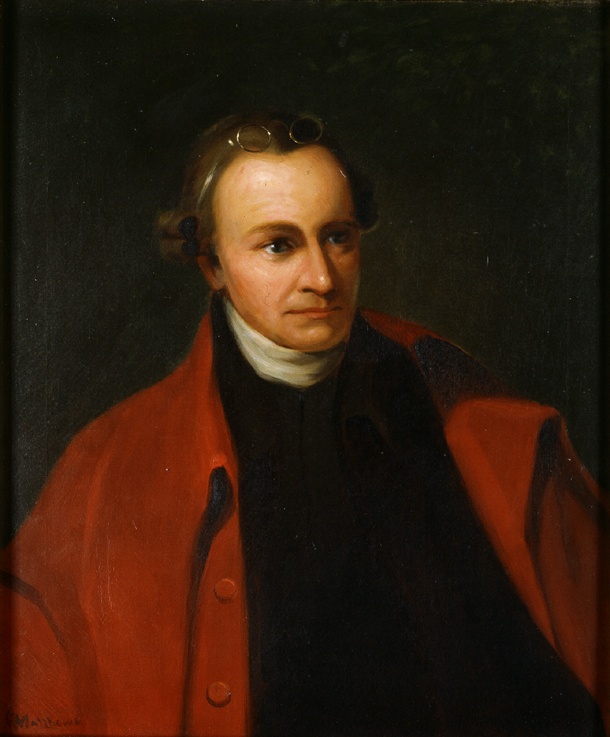
In 1776, when he became the Governor after the election, a group of Baptists wrote a letter of congratulation to him. Henry responds to them and wrote, “My earnest wish is, that Christian charity, forbearance, and love may unite all different persuasions as brethren.” He also criticized his state of Virginia and talked about how slavery and lack of religious toleration had damaged its development.
In 1788, he again expressed his religious views in the Virginia Ratifying Convention and said “That religion or the duty which we owe to our Creator, and the manner of discharging it, can be directed only by reason and conviction, not by force or violence, and therefore all men have an equal, natural and unalienable right to the free exercise of religion according to the dictates of conscience, and that no particular religious sect or society ought to be favored or established by law in preference to others.” All these religious views show that how much he had worked for the freedom of Americans.
Give me liberty, or give me death!
In 1775, Henry delivered his most famous speech at the Second Virginia Convention, met at St. John’s Church in Richmond, Virginia. This speech provided an unbelievable boost to America’s fight for freedom. The convention was called to discuss the state’s strategy against the British. He ended his speech with the quote, “Give me liberty, or give me death!”. This quote has its value in America’s fight for freedom.
Henry always spoke without notes. Unfortunately, no transcripts exist from his famous address. In 1817, a writer, William Writ reconstructed his speech for a biography of Henry Patrick. Some historians even speculated that the famous Patrick Henry quote may have been fabricated by Wirt to sell copies of his book. However, there isn’t any certain evidence of it.
Patrick Henry: Wives and Children
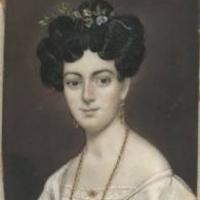
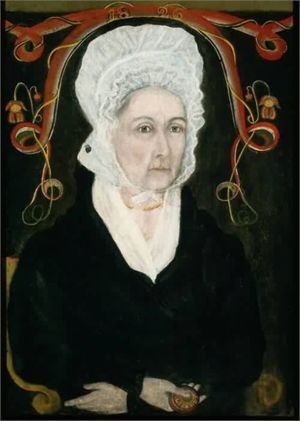
Patrick Henry had his first marriage in 1754 with Sarah Shelton. The couple went on to have six children together. Sarah died in 1775, the same year which gave a whole new look to his life due to his famous speech and quote “Liberty or Death”. After a couple of years, he married Dorothea Dandridge of Tidewater, Virginia, and had eleven children together.
Patrick Henry’s kids from Sarah Shelton
- Martha Henry (1755)
- John Henry (1757)
- William Henry (1763)
- Anne Henry (July 19, 1767)
- Elizbeth Henry (April 23, 1769)
- Edward Henry (1771)
Patrick Henry’s kids from Dorothea Dandridge
- Dorothea Spotswood Henry (Octuber 20, 1778)
- Sarah Butler Henry (January 4, 1780)
- Martha Catherine Henry (November 3, 1781)
- Patrick Henry Jr (August 15, 1783)
- Fayette Henry (Octuber 9, 1785)
- Alexander Spotswood Henry (June 2,1788)
- Nathenial Henry (April 7, 1790)
- Richard Henry (March 27, 1792)
- Edward Winston Henry (January 21, 1794)
- John Henry (February 16, 1796)
- Jane Robertson Henry (January 15, 1798)
Death
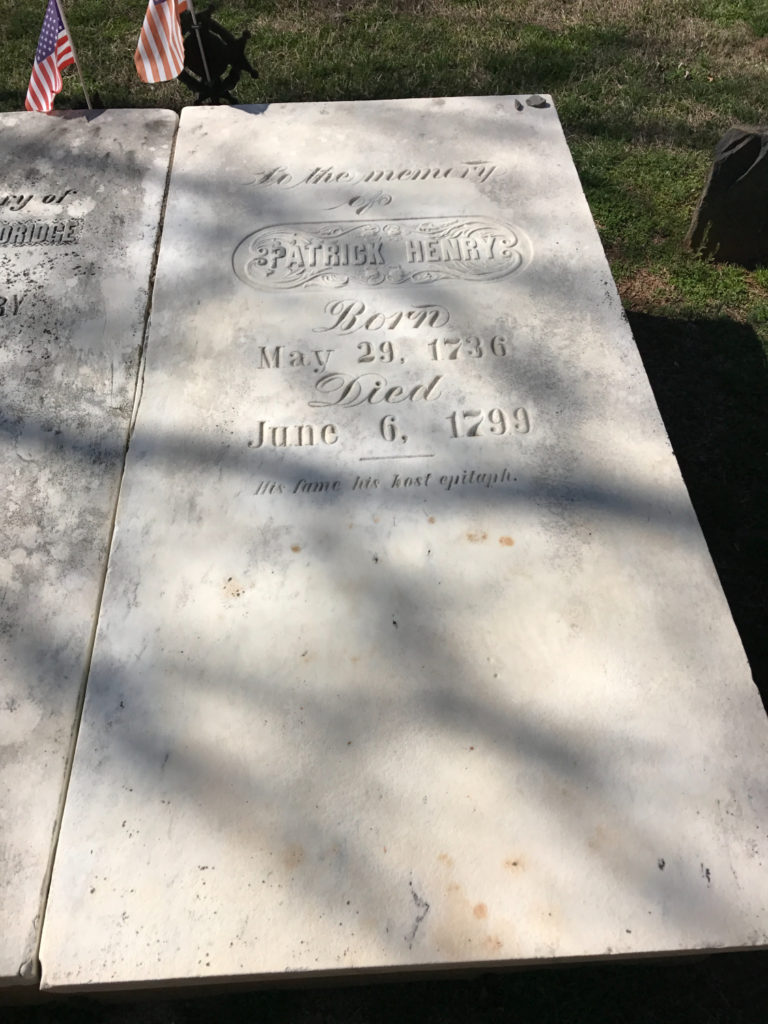
He died on June 6, 1799, at the age of 63 due to stomach cancer. His Southern Virginia plantation is now the Red Hill Patrick Henry National Memorial.
Great piece,Neil!
Thanks, Mark, for all your encouragement and help with this project. You’re a blessing!